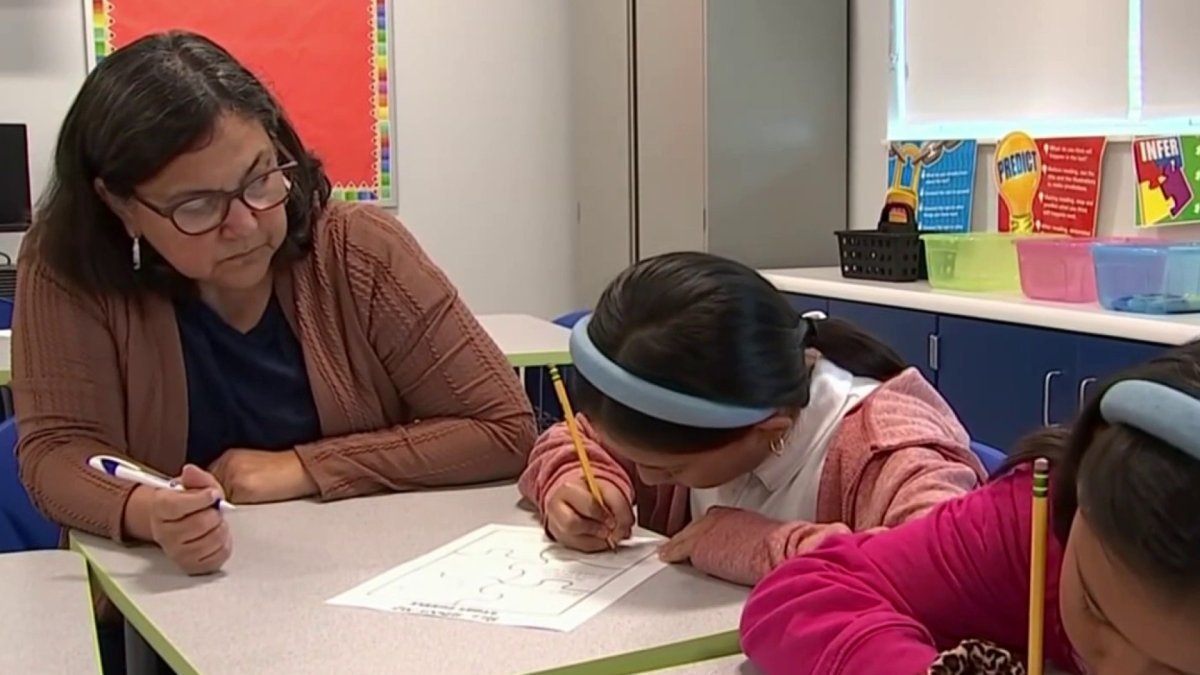Textbook approval process for Miami-Dade draws parent involvement and concern – NBC 6 South Florida
What will Miami-Dade County Public School students learn about American history and civics?
“History can’t be erased, and it’s not up to us to approve or deny the past, but rather, learn from it,” said Delia Garcia, one of the members of the public who spoke at Wednesday’s school board meeting.
It was an opportunity for the public to weigh in on the vetting process for social studies learning materials. In the last two years in Florida, battles over textbooks have become politically charged, culture war skirmishes.
However, there was less vitriol than might have been expected at Wednesday’s meeting. For example, there were no representatives from the often-dramatic Moms for Liberty, which might be because they feel their viewpoints are already represented by a majority of the school board. Every public speaker at the meeting came from the same point of view, that the Florida Board of Education’s newly adopted curriculum on African American history whitewashes it, especially when it comes to slavery.
“I don’t think we should discuss the horrific acts of slavery and try to teach it in a way that students are gonna learn that there were benefits from this,” said Jerry Rateau, a father with two kids in the system.
“Our state department of education is fundamentally trying to change what we teach our schools, this is not what I taught last year in 7th grade civics, Christian nationalism, white supremacy is trying to destroy and indoctrinate our students,” said Crystal Etienne, who teaches at West Homestead K-8.
Board member Dr. Steve Gallon reminded everyone that teachers can supplement the teaching of slavery with additional information, and he said their expertise should be valued.
“We have to have confidence and we have to trust them, yes, we have an obligation to follow the law, we have an obligation to make sure that we respect the rights of parents but we also have to square that with the rights of teachers,” Gallon said.
The process of vetting the social studies learning materials did have tremendous parental involvement, said board member Luisa Santos.
“This year we had over 1,400 parents say, ‘I want to be a part of this,’ which is fantastic, it is exponentially higher than in years past, and parents were part of the process, over 40 of them sat in these committees and gave their thorough review alongside educators, who obviously are experts in this,” Santos said.
The next step in the approval process for social studies learning material comes on Oct. 11, when the school board will vote on them.



